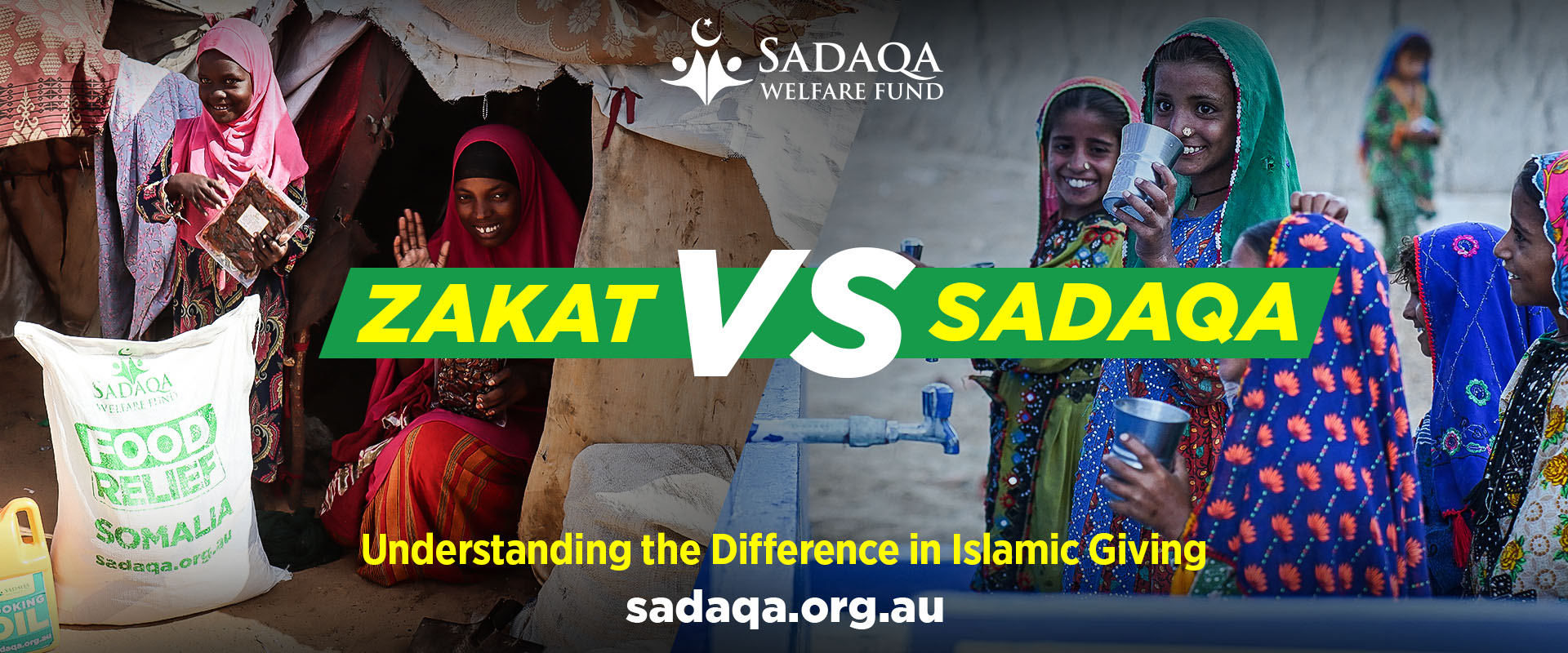What is the Nisab for Zakat?

What is the Nisab for Zakat?
The Nisab for Zakat is the minimum threshold of wealth that a Muslim must possess before being obligated to pay Zakat, a form of mandatory charity in Islam. Understanding the Nisab is crucial for determining Zakat responsibilities and ensuring compliance with this important religious obligation.
1. Definition of Nisab
Nisab is derived from Arabic, meaning "sufficient" or "enough." It represents the minimum amount of wealth that qualifies a person for Zakat payment. If an individual’s total wealth exceeds the Nisab, they are required to calculate and pay Zakat, typically at a rate of 2.5% of their eligible wealth.
2. Determining the Nisab Amount
The Nisab is generally calculated based on the current market value of specific assets, primarily gold and silver. Traditionally, the Nisab is equivalent to:
• 85 grams of gold
• 595 grams of silver
The choice between gold and silver can depend on the prevailing economic conditions and the individual’s preference. Many Muslims opt to use the gold Nisab due to its higher value and stability.
3. Importance of Nisab
The Nisab serves as a protective measure to ensure that Zakat is only required of those who have sufficient means. This concept promotes social justice by focusing on helping those who are genuinely in need. By setting a minimum threshold, Zakat aims to alleviate poverty and support community welfare.
4. Adjusting for Current Values
It is essential to regularly check the current market prices of gold and silver, as the Nisab amount can fluctuate based on economic conditions. Many Islamic organizations and scholars provide updated Nisab values, making it easier for individuals to determine their obligations.
In summary, the Nisab for Zakat is a fundamental concept that establishes when a Muslim must pay Zakat, promoting fairness and compassion within the community. Understanding and calculating the Nisab is essential for fulfilling this significant religious duty.








